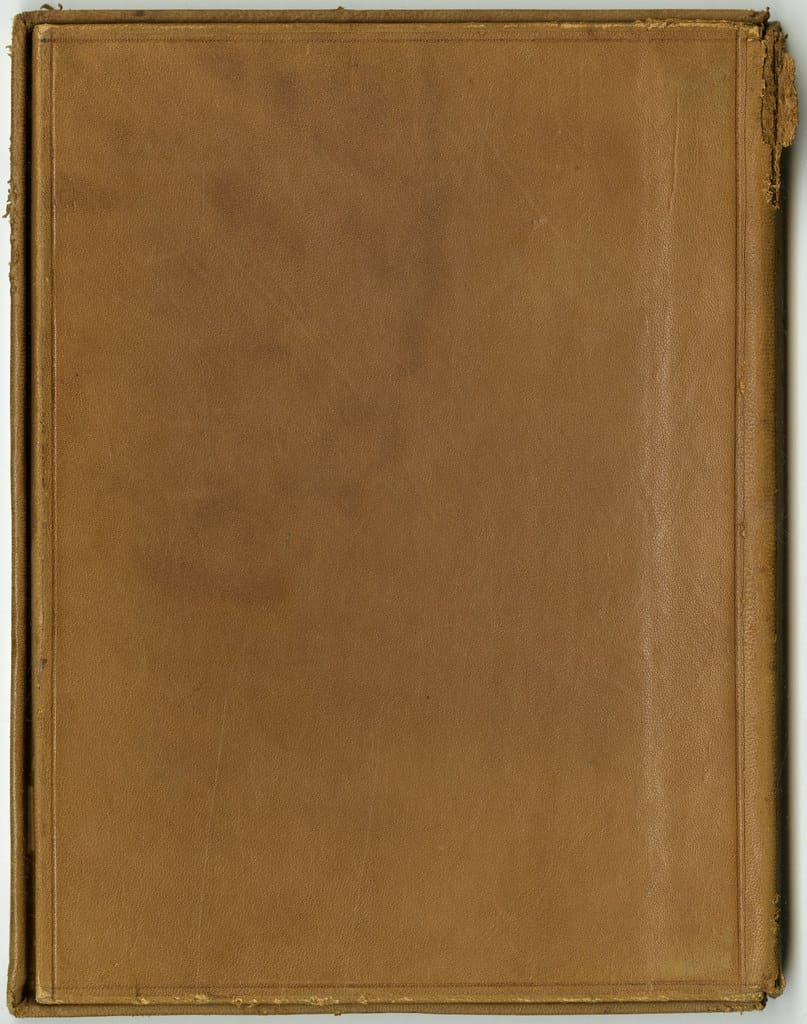IKEA Abandons Zigbee for Thread: A Major Shift Toward Universal Smart Home Connectivity
The Swedish furniture giant IKEA is making waves in the smart home industry with a bold strategic pivot that could reshape how millions of consumers build their connected homes. The company has announced it's phasing out Zigbee technology in favor of Thread, fully embracing the Matter smart home standard that promises to finally solve the fragmentation plaguing the IoT ecosystem.
The End of an Era for IKEA's Smart Home Ecosystem
For years, IKEA's Trådfri smart home lineup relied heavily on Zigbee connectivity, building a respectable ecosystem of affordable smart bulbs, motion sensors, and switches that competed with premium brands like Philips Hue. However, the company's recent announcement signals a complete departure from this approach, with new products exclusively supporting Thread connectivity and existing Zigbee devices receiving their final software updates.
This transition affects millions of users worldwide who have invested in IKEA's smart home products. The company sold over 100 million smart home devices globally as of 2023, making this shift one of the most significant protocol migrations in consumer IoT history.
Why Thread Matters for Smart Home Adoption
Thread represents a fundamental improvement over older mesh networking protocols. Unlike Zigbee, which requires proprietary hubs and often struggles with interoperability, Thread creates a robust, self-healing mesh network that works seamlessly across different manufacturers' devices when paired with the Matter application layer.
The benefits are substantial:
- Universal compatibility: Thread devices work with Apple HomeKit, Google Assistant, Amazon Alexa, and Samsung SmartThings without requiring separate hubs
- Improved reliability: The mesh network automatically routes around failed devices, ensuring consistent connectivity
- Enhanced security: Thread incorporates enterprise-grade encryption and authentication protocols
- Future-proofing: As an open standard, Thread receives ongoing development from major tech companies
Industry-Wide Implications
IKEA's commitment to Thread and Matter reflects broader industry momentum. Apple, Google, Amazon, and Samsung have all thrown their weight behind the Matter standard, with Apple requiring Thread support for new HomeKit accessories and Google prioritizing Matter-compatible devices in its ecosystem.
Market research from Strategy Analytics indicates that Matter-compatible devices are expected to represent 75% of new smart home product launches by 2025, up from just 15% in 2023. IKEA's transition accelerates this timeline, particularly in the affordable smart home segment where the company commands significant market share.
Consumer Impact and Migration Challenges
For existing IKEA smart home users, this transition presents both opportunities and challenges. The company has committed to supporting existing Zigbee devices through 2026, providing a reasonable migration window. However, users will need to gradually replace their current devices to take advantage of improved interoperability and future features.
The financial impact could be significant for households with extensive IKEA smart home setups. A typical Trådfri installation with 20 devices might cost $300-500 to replace, though improved functionality and universal compatibility may justify the investment for many users.
Technical Advantages Drive Strategic Decision
IKEA's engineering team cited several technical factors behind the protocol switch. Thread's IPv6-based networking provides better performance for larger device networks, while Matter's standardized application layer eliminates the compatibility issues that have long frustrated smart home enthusiasts.
The company's internal testing showed 40% fewer connectivity issues with Thread compared to Zigbee in typical home environments, particularly in larger homes where mesh networking becomes critical for reliable operation.
The Bigger Picture: Smart Home Standardization
This move positions IKEA as a leader in the smart home standardization movement. By abandoning proprietary protocols in favor of open standards, the company is betting that interoperability will drive broader consumer adoption of smart home technology.
Industry analyst firm IDC predicts that this standardization could expand the smart home market by 35% over the next three years, as reduced complexity and improved compatibility attract mainstream consumers who previously avoided smart home technology due to fragmentation concerns.
Looking Forward: A Connected Future
IKEA's Thread transition represents more than a technical upgrade—it's a fundamental shift toward truly universal smart home connectivity. As the company phases out Zigbee support and fully embraces Matter, it's setting a precedent that other manufacturers will likely follow.
For consumers, this means the promise of seamless smart home experiences is finally becoming reality. While the transition may require some investment, the long-term benefits of universal compatibility and improved reliability make IKEA's strategic pivot a significant step forward for the entire smart home industry.
The Swedish giant's bold move proves that sometimes the best way to build the future is to abandon the past—even when that past was profitable and popular.
